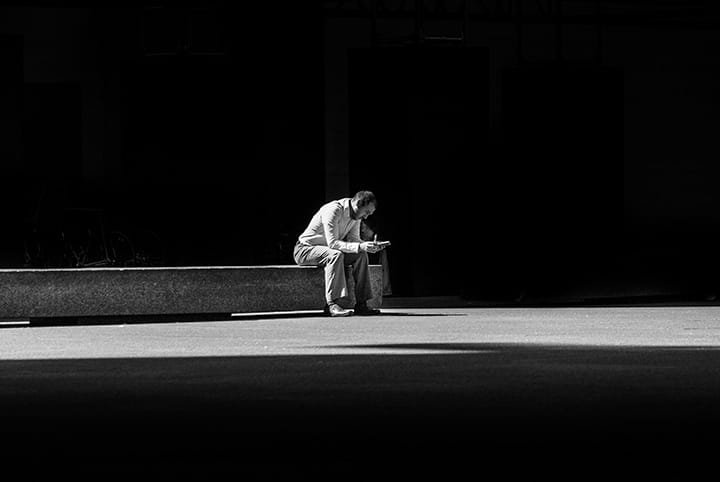The question of justice has been on people's minds ever since humans have cultivated and developed their thinking. The question is even stronger when humans are suffering. As beings who have an awareness of the Divine, the question is linked to the existence of God as the determinant of all things. If He is all-good, why does this suffering come into life? Humans question His justice, demand His explanation, and even doubt His love. Job's affliction had provoked him to accuse God of not distinguishing between the righteous and the wicked and thus punishing the righteous as well. Elihu was troubled by Job's response until he finally responded to the accusation with a sharp, though not always emotionally sensitive, theological reflection.
Elihu responds by encouraging Job (and all of us) to use reason to recognize God's character. He emphasizes two important aspects of God, namely justice and power. Divine justice is not a possibility, but a certainty. According to him, injustice does not come from God, but from human ignorance or rebellion against the divine order. Job's suffering, according to Elihu's lens, is not evidence of injustice, but rather a means of severe and necessary divine education. A rebuke shown to the world for man to learn from his mistakes and return to the Creator. Although Elihu is unable to reveal the depth of the mystery of Job's suffering, he still offers a framework worth pondering, that God's justice transcends human logic. But behind his argument, we find the irony that someone who teaches about wisdom and justice has no sensitivity to the suffering of others. This is where we learn that while speaking the truth is important, the way in which it is delivered must not ignore the wounds of those who suffer.
Friends of the Bible, when we feel that justice seems to be delayed and suffering does not subside, can we still believe that God works in His time and in His way? The God we worship is a God who sees and understands. He is just, even though His justice often works in layers that human logic cannot reach. So, when we are in the midst of suffering, let's not rush to personal conclusions, but surrender to the One who formed us through a painful process. And if we are called to be present by the side of those who are hurting, let us step in with love, not judgment. Speak the truth not with a loud voice, but with a listening ear and a comforting heart, for sometimes a gentle presence is more healing than a thousand words of wisdom.

























